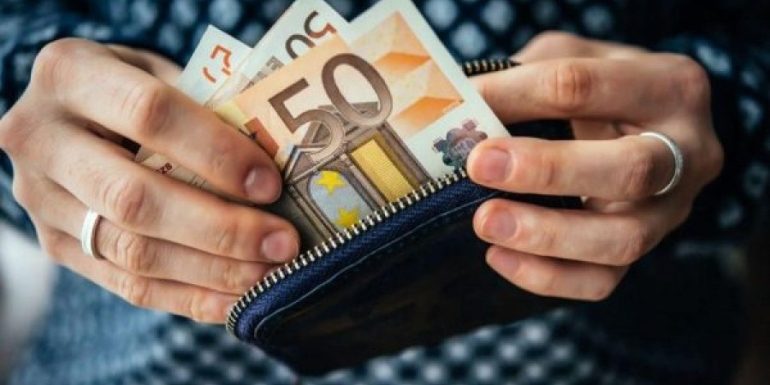The zero rate on coffee and sugar was applied from November 1st, while the rest of the Government's support measures to the citizens are expected to come into force in the immediate future.
With regard to the new products, it was decided to add meat and vegetables to the zero VAT rate with effect from December 1, 2023 to May 31, 2024.
Products with zero VAT in detail:
1. Bread: all types of bread fresh or frozen with or without sourdough (eg white, black, wholemeal, multigrain, rustic, rye, cornbread, baguette, ciapatta, sliced bread, loaves, pittas). Pastries, dried goods and any bread with additional ingredients such as e.g. raisins, nuts, aromatics.
2. Milk: fresh milk (e.g. cow's, goat's, sheep's), sweetened, condensed, long-life, flavored milk (e.g. chocolate, banana), plant-based milk (e.g. almond, soy, rice ).
3. Eggs
4. Baby food: in powder, dry or even liquid form intended for consumption by children. Snacks (eg chips, nuts, candies, chocolates, ice creams) are not included.
5. Baby diapers
6. Products for feminine hygiene protection (tampons, sanitary pads and incontinence pads)
7. Adult diapers
8. Coffee: unroasted, roasted beans, ground, powdered, instant, flavored, caffeinated or decaffeinated in any package. (Does not include ready-made drinks or coffee-based beverages that are consumed cold or hot).
9. Sugar: crystalline (white, brown, black), fine (powdered), coarse, cubed, in sachets.
However, on Wednesday (1/1), as initially expected, the measure regarding the reduction in the price of fuel was not implemented, since the relevant bill had not been put before the Plenary of the Parliament, in order to be voted on by the members of the legislative body.
Among the measures announced by the Government on October 19 for the relief of households and businesses was the reduction of the excise duty on motor fuels and heating oil.
The implementation date was set for November 1st, however, this was ultimately not possible, as, according to the procedure, the relevant bill must first pass through the competent Parliamentary Committee of the House of Representatives, in order to process it.
According to EconomyToday, the bill that will amend the Law on Consumption Taxes, has been submitted to the Parliament for a vote in the form of the urgent, and for this reason, the Parliamentary Finance Committee will meet today in an emergency, with the aim of taking it to the Plenary.
The bill aims to impose reduced rates of excise duty and, as the Ministry of Finance states in its introductory report, is part of the package of measures to deal with inflationary pressures, to support affected incomes.
The bill provides for the application of reduced rates, at the minimum limits allowed by the Community Directive - regarding the restructuring of the Community framework for taxation of energy products and electricity.
It is expected that it will be implemented from tomorrow morning, after the law is first published in the official newspaper of the Republic.
Specifically, unleaded petrol and diesel will be reduced by 8,33 cents per liter and excise duty on heating oil by 6,39 cents per litre.
The fiscal cost of the measure is expected to rise to 21,8 million euros, regarding motor fuels and 3,8 million euros, regarding heating fuels.
